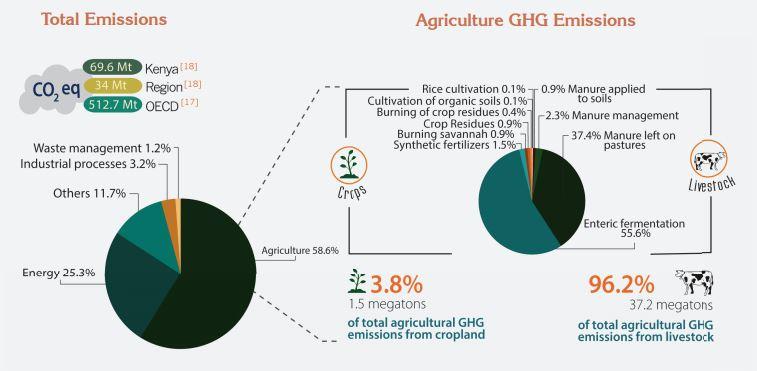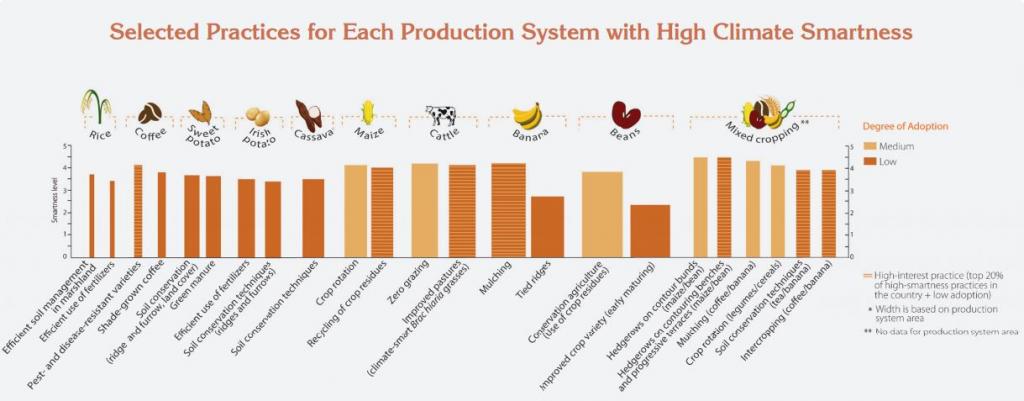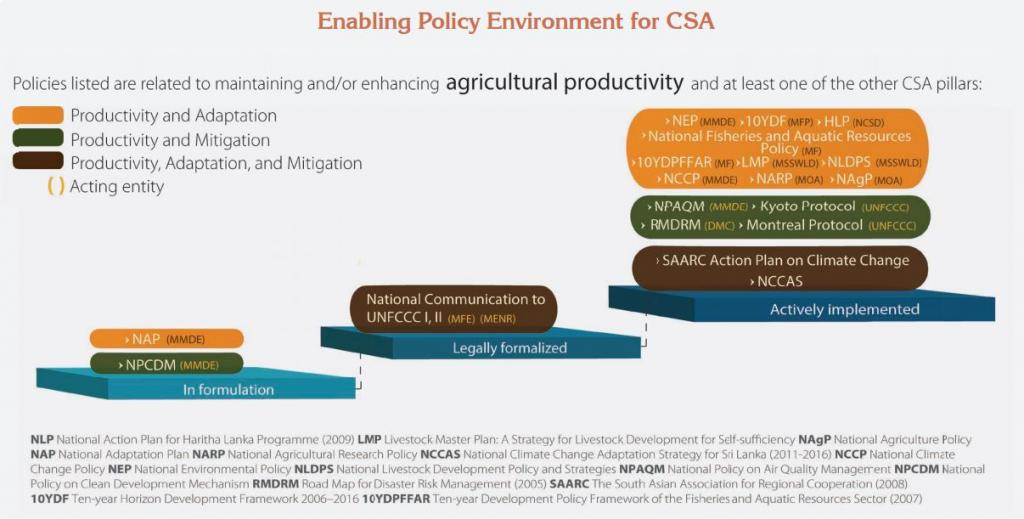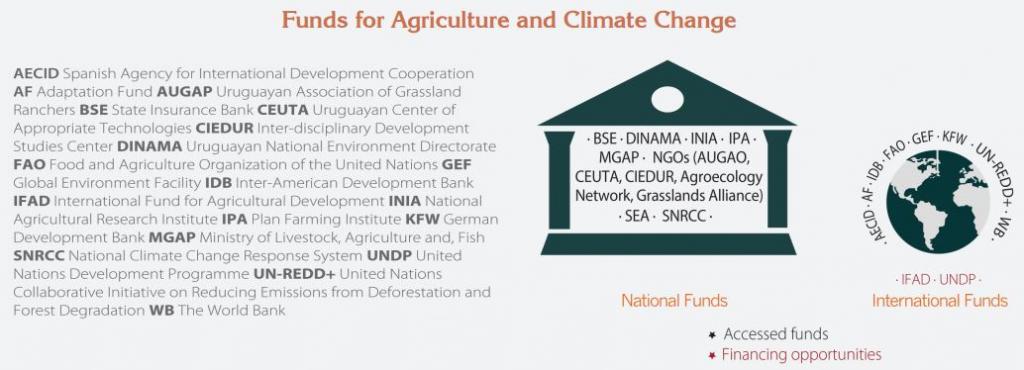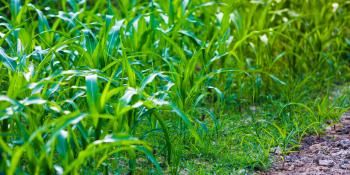New country profiles for action on climate-smart agriculture

New, quick and easy to read country profiles prove climate-smart agriculture is the way forward.
"At COP21 in Paris a few weeks ago, four-fifths of UN-member states included activities related to agriculture in their commitments to tackle climate change. Agriculture couldn’t be ignored any longer," writes Neil Palmer in his recent piece on the CIAT blog.
The CSA Country Profiles help countries take the next step in implementing their climate change adaptation and mitigation plans.
The CGIAR Research Program on Climate Change, Agriculture and Food Security (CCAFS) and the International Center for Tropical Agriculture (CIAT) released new country profiles of Kenya, Rwanda, Sri Lanka and Uruguay in addition to the already available profiles of Argentina, Colombia, Costa Rica, El Salvador, Grenada, Mexico, Peru, Nicaragua, Mali and Niger.
What do these profiles tell us?
The country profiles provide a snapshot of a developing baseline created to initiate discussion at both the national and global level about entry points for investing in CSA at scale. Palmer quotes Marc Sadler, Adviser on Risk and Markets of the World Bank's Agriculture Global Practice, who wrote that the country profiles help "to move the dialogue, to improve knowledge or to focus potential actions.”
The briefs outline the country-specific CSA considerations and highlight their relation to adaptation, mitigation, productivity, institutions and finance.
1 - Key facts: agriculture and climate change
The agricultural sector employs more than 80% of Kenya’s rural workforce and provides about 18% of total formal employment.
The profiles give an overview of agriculture and climate change with special attention to economic relevance of agriculture, land use, agricultural production systems, agricultural greenhouse gas (GHG) emissions, challenges for the agricultural sector, and agriculture and climate change.
Overview of agricultural GHG emissions in Kenya. Download: Climate-Smart Agriculture in Kenya
2 - CSA technologies and practices
Despite the wide array of climate-smart options available to Rwandan farmers, there is a clear need for incentivizing CSA scale-out throughout the country, since adoption levels of practices with high climate-smartness scores are generally low among small-scale farmers.
CSA technologies and practices present opportunities for addressing climate change challenges, as well as for economic growth and development of agriculture sectors. The briefs provide a detailed smartness assessment for top ongoing CSA practices with regards to the 3 CSA pillars; adaptation, mitigation and productivity. Climate smartness is ranked in all key production systems in the country, showcasing ongoing and potentially applicable practices, as well as practices of high interest for further investigation or scaling out.
The smartest CSA practices for each of the key production systems in Rwanda. Download: Climate-Smart Agriculture in Rwanda
3 - Institutions and policies for CSA
Synergies between mitigation and productivity are achieved through research, development, and extension programmes for Sri Lanka’s main production systems.
Enabling environments for climate-smart agriculture are the framework conditions that facilitate and support the adoption of climate-smart technologies and practices. This section presents the primary focus of institutions engaged in CSA and the enabling policy environment for CSA.
Enabling policy environment for CSA in Sri Lanka. Download: Climate-Smart Agriculture in Sri Lanka
4 - Financing CSA
Both bilateral and multilateral international financial institutions cooperate with Uruguay in initiatives related to climate change. While there are no initiatives that identify CSA as a specific objective, the vast majority of existing initiatives are aligned with the strategic priorities of MGAP (Ministry of Livestock, Agriculture and Fisheries) and, therefore, includes activities associated with CSA.
To meet the objectives of CSA, such as agricultural development, food security and climate change adaptation and mitigation, a number of potential funding sources are available. This part of agricultural and climate finance resources includes national, international and potential funding opportunities.
Funds for agriculture and climate change in Uruguay. Download: Climate-Smart Agriculture in Uruguay
Outlook
The CSA Country Profiles identify challenges for the agricultural sector, present already existing practices and lessons learned from case studies. They help open pathways for sustainably increase productivity, adapt and build resilience to climate change, and reduce GHG emissions where possible.
Read more:
- CCAFS publications: CSA Country Profiles
- CIAT blog: Thanks COP21… now let’s get down to business with climate-smart agriculture
- CCAFS blog: New Latin America country profiles open pathways for reaching climate-smart agriculture
- CIAT blog: Profiles on climate-smart agriculture presented to standing-room-only World Bank audience


